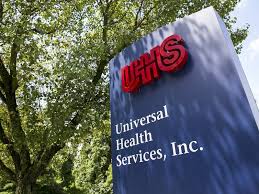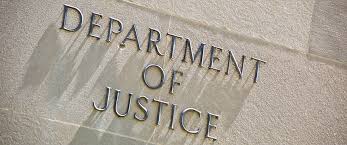Universal Health Agrees to Pay $122 Million for False Claims Act Violations

DOJ announced a False Claims Act settlement with Universal Health (“UHS”) and related companies for $122 million for billing for medically unnecessary inpatient behavioral health services, failing to provide adequate services and paying kickbacks to beneficiaries.
The government’s long-running investigation of UHS has stemmed from at least eighteen (18) whistleblower lawsuits. DOJ also closed a related criminal investigation of UHS. It is not known if DOJ is pursuing criminal cases against UHS executives or managers involved in the False Claims Act.
UHS will pay the US and participating states a total of $117 million for submitting false claims to Medicare, Medicaid, TRICARE, the Veterans Department and Federal Employee Health Benefit programs for inpatient behavioral health services that were not reasonably or medically necessary and/or failed to provide adequate and appropriate services. Of the $117 million, approximately $28 million will be paid to State Medicaid programs.

In a separate settlement, a UHS company paid the US and Georgia $5 million to resolve charges that it provided free or discounted transportation services to induce patients to secure inpatient detoxification or outpatient programs.
UHS owns and manages to around 200 acute care inpatient psychiatric hospitals and residential psychiatric and behavioral treatment facilities.
Between January 2006 and December 2018, UHS facilities admitted patients who were not eligible for inpatient or residential treatment because their psychological conditions did not require that level of care, while also failing to discharge patients who no longer required inpatient care. In addition, UHS billed for services not rendered, billed for excessive lengths of stay, failed to provide adequate staffing, training and supervision of staff, and improperly used physical and chemical restraints and seclusion. UHS failed to develop individual assessments and treatment plans for patients, discharge planning, and group therapy services.
As an example, one whistleblower recounted how UHS psychiatrists would line patients up in a hallway and spend five minutes speaking to each one after another. According to the whistleblower, “Nobody was getting the help they needed.”

These five-minute meetings were billed to Medicare and Medicaid as costly therapy sessions. Whistleblowers also alleged that UHS hospitals admitted ineligible patients and under-medicated patients to lengthen their stays.
UHS entered into a five year Corporate Integrity Agreement with the US Department of Health and Human Services, Office of Inspector General. Under the CIA, UHS must retain an independent monitor, selected by the OIG. In addition, an independent review organization (“IRO”) will perform annual reviews of UHS’ inpatient behavioral health claims to federal health care programs.















